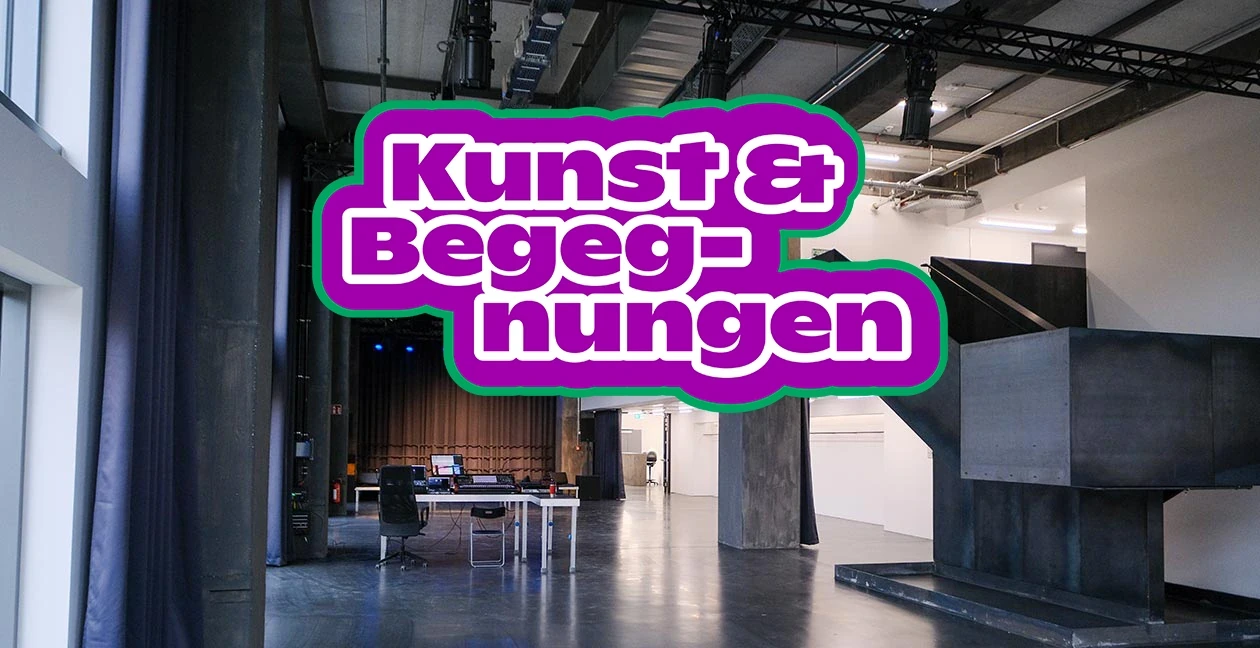
Event Series Art & Encounters
Cultural institutions increasingly see themselves as places of encounter. They serve as venues for exchange between different age groups, cultures, and social backgrounds. Practices of participation are conceptually anchored in production houses as formats and artistic strategies, striving to build long-term relationships with their diverse visitor groups in their respective location-specific environments. Ideally, cultural access is created in various directions and barriers are broken down. The diversity of projects that design new forms of participation reflects the complexity of the field: they range from artistic practice, in which performative strategies of participation and collective authorship are tested, to measures that attract public attention and develop audiences.
Starting in the 2024/25 theater season, the alliance of international production houses is inviting audiences to a series of events focusing on the practical field of art and encounters. The seven houses will discuss strategies for participation in a diverse society: coexistence in diverse neighborhoods, resistance strategies in social networks, tensions between generations, solidarity-based organization in times of political and financial crisis, and, again and again, the opening of theaters and the possibility of helping to shape them as livable spaces for encounter. The strategies for designing new forms of accessibility and participation are diverse. They range from participatory artistic practices and collective authorship to high-profile outreach formats.
Existing spaces for action such as Migrantpolitan at Kampnagel, WerkStadt at PACT Zollverein, and Junge Theaterwerkstatt am Zoo at Künstler*innenhaus Mousonturm present their model approaches and practices. Further starting points include work with young people on digital cultures at the FFT and tanzhaus nrw in Düsseldorf, and projects in the neighborhood and with local actors at HAU Hebbel am Ufer and HELLERAU.
The series of events will be accompanied by reflections from Jane Eschment and Azadeh Sharifi.
